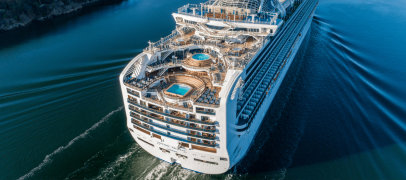
.png)
Travelling by Plane After Coronavirus Lockdown
11 Dec 2020 by Olga Brighton
Travelling by plane after Coronavirus lockdown? Here is what you need to know.
Travelling has certainly changed in the last 12 months. As has going about our daily lives.
The airlines and airports have all had to swiftly adapt how they operate to ensure passengers and staff alike are as safe as possible. If you are planning a journey, it pays to be aware of these changes ahead of your travel.
Before you travel
It is a fast-moving situation and travel restrictions vary depending on your home country and also where you plan to travel. Different restrictions apply throughout the EU and even within the UK itself. Make an informed decision - especially if you may have a compromised immune system. Speak to your travel providers; check your insurance cover and stay abreast of your local Government advice. For UK residents, it’s the Foreign, Commonwealth & Development Office (FCDO).
Read also: Coronavirus Travel Insurance
Even if you have already booked, check these websites regularly for updates in case the advice has changed or restrictions are imposed for the area you are travelling to or from.
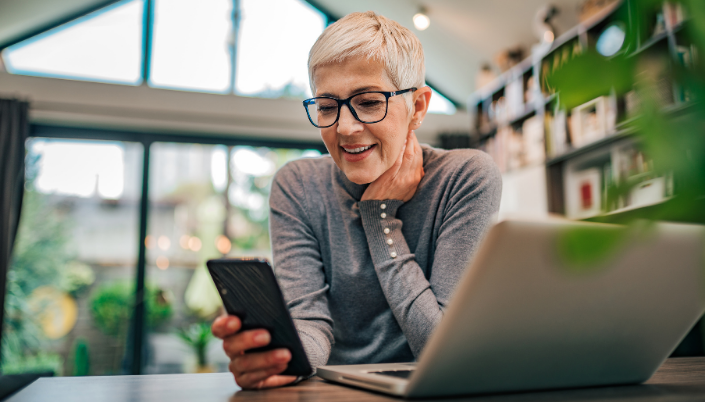
It can be confusing, but be aware that Government imposed bans are not the same as FCDO advice against travel. Check whether you are subject to an enforced ban, or whether its advice against travel - and plan accordingly. In some countries exceptions may apply – such as travel for work, education or essential legal reasons.
Many EU countries enjoyed a brief spell of long awaited ‘travel corridors’ to some favourite holiday spots in mid summer, however, once pandemic infection rates began to rise, the restrictions stepped up again.
The FCDO has current travel advice and lists the restrictions and travel requirements of all destinations.
Check your Passport
This is always a must-do before you travel! But especially now as your passport renewal/replacement service may take longer. If your passport is due to expire soon, you should get it renewed as soon as possible with plenty of time before you travel.
An added complication for UK travellers is the current travel rules between the UK and EU will stop after 31st December 2020. After that you’ll need at least 6 months left on your passport from your date of arrival if your passport is issued by the UK, Gibraltar, Guernsey, the Isle of Man, Jersey. Rules may differ to some locations.
When presenting your passport to airport staff, you must have it open on the correct page ready for checking to minimise contact and you will need to scan your own boarding pass.
Check your travel insurance
All travel insurance varies and some don’t cover pandemics at all. All Globelink policies provide Emergency Medical, Repatriation and Cancellation & Curtailment cover if you contract Coronavirus, provided you don’t travel against your Government’s travel instructions. Its important to check how your insurance will be effected and whether it will remain valid if you travel to a country in which your local Government advise against certain travel due to COVID. Some policies will be invalidated by this and you will have no cover whatsoever. In these circumstances Globelink Insurance will remain valid for insured events that are not COVID related. This is on condition there is no compulsory/legal Government restriction preventing travel. We strongly advise that you buy COVID travel insurance before you go, however you can still buy Travel insurance from some providers, ever if you have Already Travelled.
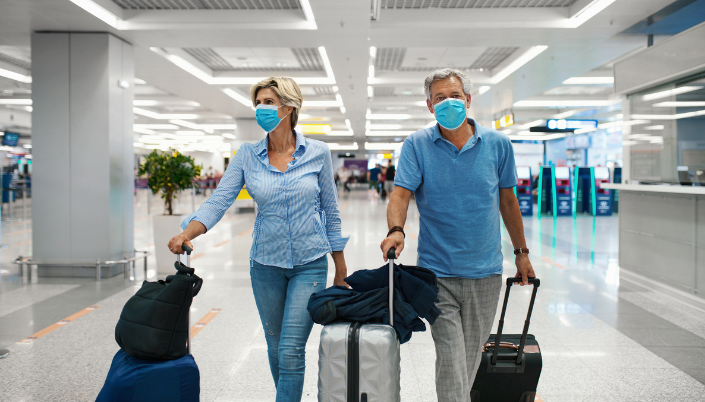
Health declaration forms for all travellers
A new part of post lockdown travel is many locations require you to submit a health declaration online before you travel, or that you must hand over when boarding or on arrival at your destination.
Read also: Coronavirus Update
Its up to you to check the departure requirements from your location and entry requirements for your chosen destination. Or you risk being denied boarding or entry at your arrival point. This applies when you are coming back to you home country too. The UK require a Passenger Locator form, listing where you have visited and where you can be found if you’re required to self-isolate. You risk a fine and delays if it’s not completed by the time you arrive at border control.
Pre-booking special airport assistance
You can still book Special Assistance such as a wheelchair support for your transfer through the airport to the plane - and this must be pre-booked. The airport team will follow safety protocols such as cleaning wheelchairs after each use and wear protective masks and clothing while assisting passengers.
When you travel
Hand luggage – carry sanitiser
Check with your airline for their current hand luggage rules and restrictions, however, make sure you carry a travel size hand sanitiser and a travel size pack of anti-bacterial wet-wipes and tissues. Carry spare face coverings in case yours gets damaged or lost. These items are more important than ever and will help you travel safely and protect others too.
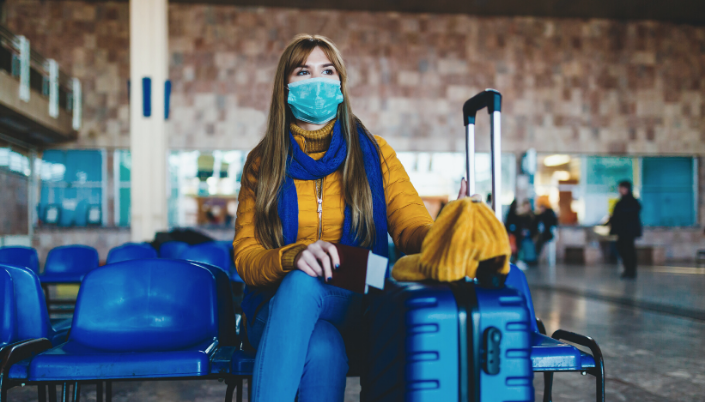
Changes at the airport
Most airports are restricting entry only to those who are travelling, so that numbers stay as low as possible. So plan in advance if you are collecting anyone. Passengers requiring help reaching the airport special assistance team are permitted to be accompanied to reach designated areas.
Almost all locations require face coverings to be worn inside the airport and on the plane. Many areas where you interact with airport personnel will have screens erected as social distancing precautions. Some airports have introduced free pre-booked security slots to avoid bottlenecks going through security. You will be asked to remove your face covering for security checks but wait to be asked before you remove it to minimise risk. Airlines suggest that you change your mask every four hours, so take enough for your whole journey and have spares easily to hand. If you are exempt from wearing a face covering for medical reasons, then ensure you speak to your doctor well ahead of travel and your airline carrier. You will certainly need to carry evidence for this and show it when asked by airport or airline personnel.
Avoiding contact
Almost all locations expect you to social distance to keep you as safe as possible, wherever possible – so please comply. The airport and airlines are no exception. Around the airport expect to see signage on one-way systems and changes to seating to help people distance.
Read also: Is EHIC Still Valid After BREXIT?
To minimise contact this may even involve steps like cabin crew not being permitted to assist you put your luggage in overhead lockers, so check you are able to manage your own hand luggage. In addition, it may be compulsory (or certainly encouraged) to use apps and contactless payments, online check-in, self-service bag-check-in. This reduces contact with high use surfaces and face-to-face contact with airport and airline personnel.
Temperature checks
Do not travel if you have a temperature or any COVID-19 symptoms. Follow your government guidance for self-isolation and testing. Most airports have implemented some means of automatic temperature checks. If you have a temperature, or COVID-19 symptoms, you will be refused entry and not be permitted to fly.
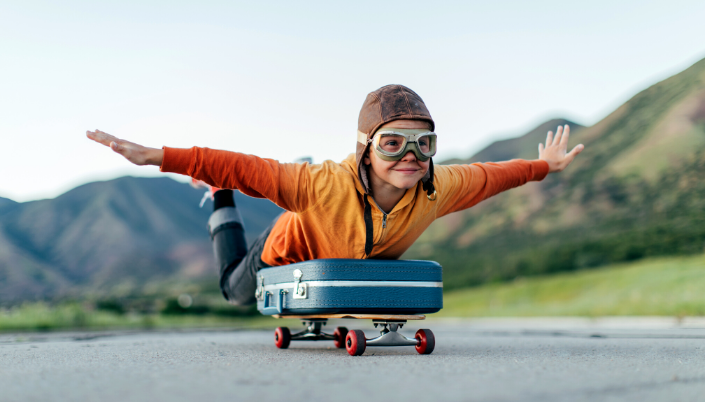
Testing facilities at airports
Some airports are offering airport based testing to help facilitate safe travel to locations where a negative result is required upon arrival. Some airports offer this to certain locations, for a cost. This is possible now that there is rapid saliva swabs available. This ‘Lamp’ test as it’s known, is not be acceptable for some locations so please check in advance to avoid a last-minute trip disaster. Currently the Bahamas, Bermuda and Cyprus require a negative ‘PCR’ laboratory analysed test with 72 hours of travel.
On board the plane
It may seem a significant risk at present to place yourself in relatively close proximity to other passengers in a restricted space for several hours on the aircraft. However, most planes are fitted with highly advanced air filtration systems. This means that the air is filtered and purified every few minutes throughout the journey.
Read also: COVID Travel Insurance
Airlines like other service providers will be following strict rules to clean and disinfected aircraft before and after each flight and many airlines have published their cleaning processes to give passengers this reassurance. You will probably find that some in-flight services of food and drink are reduced and only contactless payment will be taken for these. Its worth considering taking your own food – but check the revised airline guidance in advance here too as restrictions may apply to what you can take or eat and drink on board.
On arrival at your destination
Most Governments have certain restrictions in place and have revised their entry requirements, so be sure to check these well ahead of booking and travel and comply with requirements. Otherwise, you may fall foul of the law; risk denied entry; risk a fine, or all three. This may mean you need evidence of a negative Covid test; providing your temporary location and contact details; self-isolation for a certain time; a repeat Covid test before you depart; wearing face coverings and social distancing; curfew hours in social spaces or restricted travel.
Wherever you plan to visit, if there’s a simple takeaway lesson on travel after lockdown, it’s do your research long before you book or travel. Check your government advice and the location you are visiting and get yourself protected with travel insurance.
Read also: Travel Corridor Update
We accept

